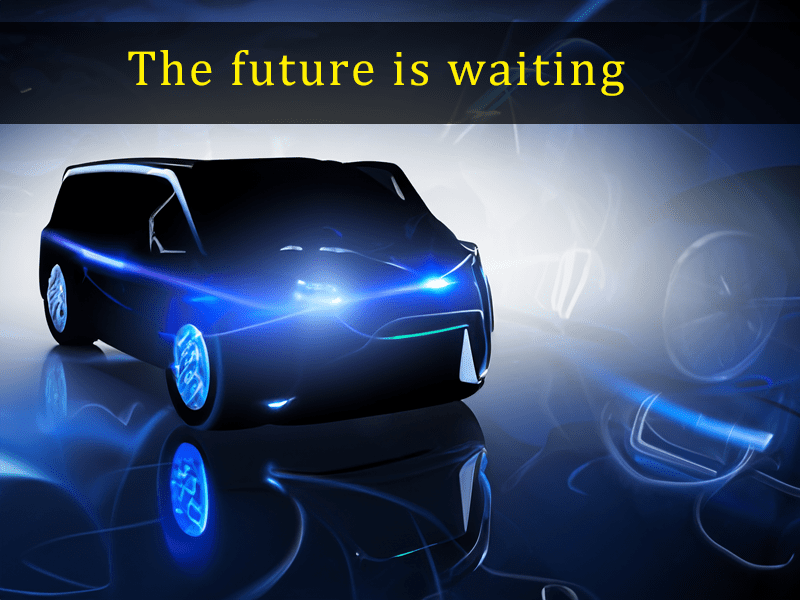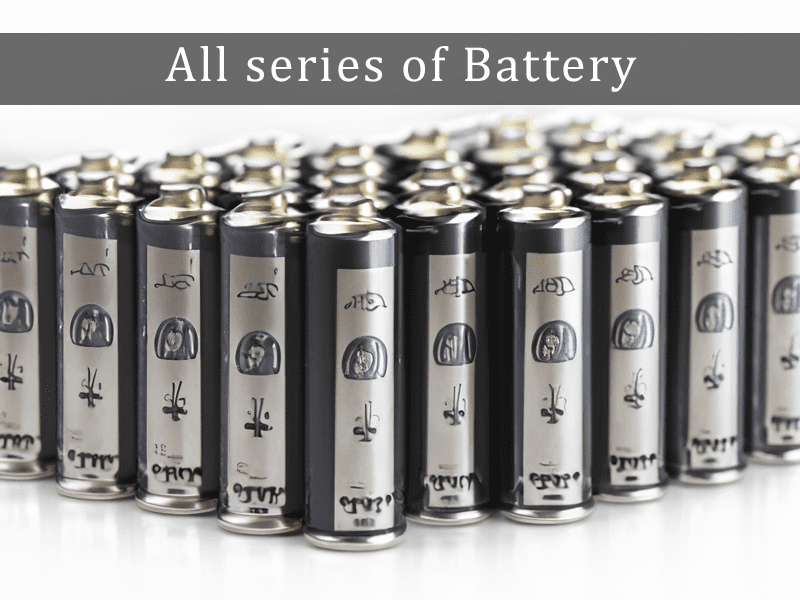Perhaps not yet, then. However, the new generation of batteries is going to overwhelm the market, revolutionizing both the way we charge EVs and the place our automobile will hold in our family.
In the upcoming years, solid-state batteries are anticipated to take the place of the existing lithium-ion batteries used in EVs. Solid-state batteries are simply solid electrolytes, as opposed to lithium-ion batteries, which must contain layers of heavy metals within flammable liquid electrolytes to store power. Solid-state batteries are essential to achieving the safety and energy density needed for an electrified society due to their density and lack of combustible electrolytes.
Solid-state batteries are anticipated to be less expensive to create than conventional batteries, in addition to being safer, more energy-dense, and quicker to charge than lithium-ion batteries. Additionally, because of their longer lifespan, EVs may be more valuable when sold and their residual costs may be more predictable.

Series of lithium-ion batteries
The effects on sustainability will undoubtedly be significant. It’s no secret that the process of making batteries uses a ton of carbon. With the introduction of solid-state batteries, this carbon cost may be spread across a lot more electric, tailpipe-emission-free kilometers because of their longer lifespan and better energy density.
And this future isn’t that far off either; a number of businesses, such as Toyota and Quantum Cape, are developing solid-state EV batteries.
History of Batteries
The UK government is actively supporting the advancement of battery technology closer to home. The UK government has put its money where its mouth is by committing £211 million to the Faraday Institute in 2022, supporters of research and development of next-generation batteries, helping the country take the lead in the battery revolution. The recipients of this award are engaged in research and development for solid-state batteries.
You are correct that lithium-ion batteries are no longer considered a novel technology. They have been in commercial use for several decades and have become the dominant rechargeable battery technology in many applications.
Due to their superior energy density, increased cycle life, and reduced weight when compared to other rechargeable battery technologies at the time, lithium-ion batteries quickly gained prominence. These qualities made them ideal for portable electronics and subsequently increased their use in other applications such as renewable energy storage and electric cars.
Despite the widespread use of lithium-ion batteries, continuous research, and development aims to enhance their functionality and overcome some limitations. Increasing energy density, cutting prices, improving safety features, and looking into alternate materials for electrodes and electrolytes are some of the areas of study.

Conclution of future battery
In order to further enhance energy storage capabilities, different battery technologies such as solid-state batteries, lithium-sulfur batteries, and lithium-air batteries are being researched as potential substitutes. In comparison to traditional lithium-ion batteries, these new technologies may provide higher energy densities and better safety profiles. They are still in the development phase, though, and have not yet been widely available.
Overall, even though lithium-ion batteries are no longer regarded as unique, they are nevertheless a vital and widely used technology in many different industries. In an effort to overcome current constraints and pave the way for the following generation of batteries, ongoing research, and development is continuing to push the limits of energy storage technology.
The Battery and the E-rickshaw are totally connected with each other, and the future is with eco-friendly vehicles. For the inquiry of OEM E-rickshaw spare parts contact Baba Baidhnath Spare Parts.



